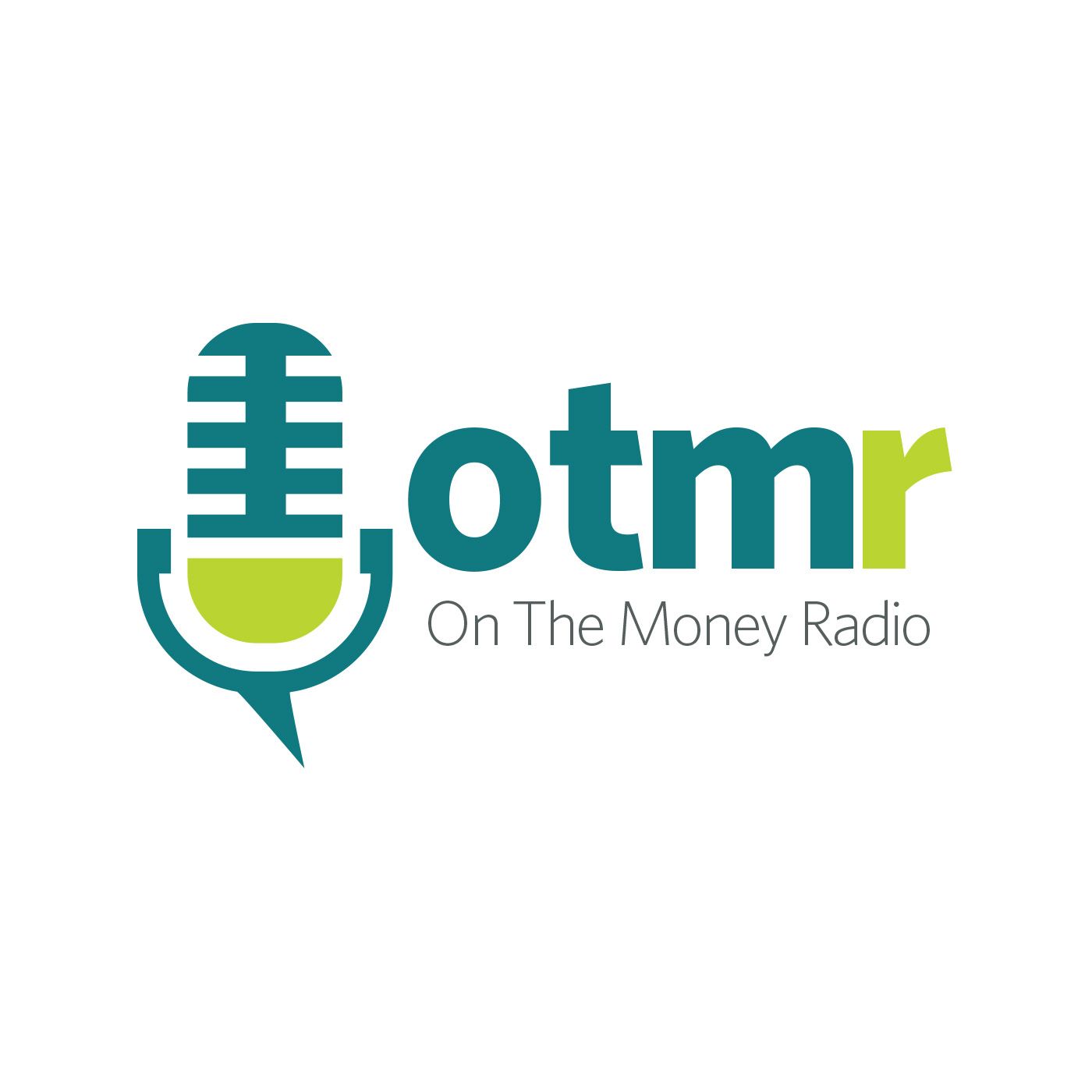Can You Pass This Money Quiz?

b'Many of us, who are reasonably educated and financially \\u201cwith it\\u201d, think we have a fair idea about money: how to earn it, how to spend it, how to save it. In fact, surveys show that Americans have grown more confident about their financial acumen since the market meltdown that ended in 2009, perhaps because many of them were scared enough to take a good hard look at their finances, to read up a little on how to protect their finances, and are now under the impression that they are much more aware of money matters. But, in reality, they seem to know less about the subject than they did then.
I just read some troubling conclusions from a long-running study by the FINRA Investment Education Foundation, which has been assessing American\\u2019s financial knowledge, attitudes, and well-being for years. The Financial Capability in the United States 2016 study is based on an online survey of more than 25,000 people. While it contains some positive news about household finances, many of its findings are discomfiting and suggest that misplaced self-confidence is putting millions of people at risk, making them vulnerable to major missteps and to exploitation by financial industry so-called \\u201cprofessionals\\u201d who may not have their best interests at heart.
Overall, the study found that most Americans have relatively low levels of financial literacy. It included the results of a basic six-question, multiple-choice quiz on fundamental financial issues. The questions were intended to be very basic and thus easy, and yet the average person got only about half the answers right. I think it\\u2019s a good idea for you, my listeners, to also take this test and see how you do. The test has six simple questions and takes less than five minutes. \\xa0Click here to take the money quiz.
Five of the questions have been on this quiz for years, which makes it easy to see how many people get them right or wrong over an extended period of time. It\\u2019s a good gauge of the progress we are making on financial literacy as it relates to everyday money matters and makes statistical comparisons possible. Alas, the trend is not encouraging.
The worst performance was on a question about how bond prices respond to rising interest rates. Think you know the answer? Only 28 percent of people in 2015 got that one right. I know I have spoken extensively about the connection between bond prices and interest rates, so I am sure many of my listeners will get that one right. I won\\u2019t give you the correct answer now because I want you to go to the site and see how you do.
I\\u2019ll give you a hint: Long-term government bonds earned over 15% in the last 3 months. How do you think that happened?
The sixth new question added to this year\\u2019s quiz focuses on a problem that lands many people in trouble when they pay only the minimum amount due each month on their credit card balances\\u2014compound interest.
Here\\u2019s the question: \\u201cSuppose you owe $1,000 on a loan, and the interest rate you are charged is 20 percent per year compounded annually. If you didn\\u2019t pay anything off, at this 20% interest rate, how many years would it take for the amount you owe to double?\\u201d
Again, I won\\u2019t give you the answer but will say that most people thought it took much longer than that for your loan amount to double, grossly underestimating the impact of interest charges. This lack of knowledge could really hurt you. When interest rates rise, if you ignore compound interest, you can drown in debt.
An alarming aspect of the study is that, although most people knew very little, they felt great about what they knew \\u2014 or thought they knew. \\u201cAmericans tend to have positively biased self-perceptions of their financial knowledge,\\u201d and the positive bias has been increasing.
The study found that 76 percent gave themselves a very high rating on financial knowledge in 2015, which is up from previous years.'